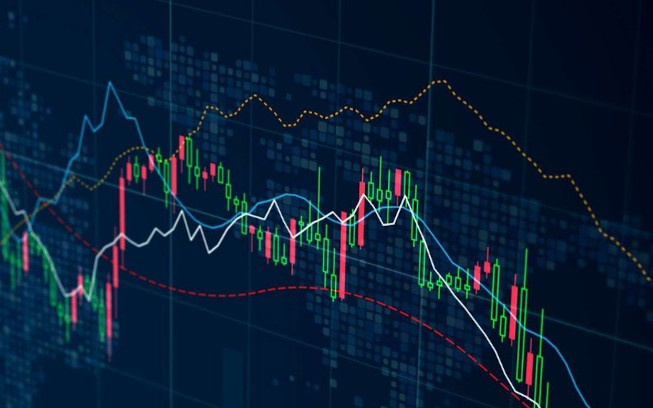
The world of forex currency trading is both thrilling and complex, and choosing the right broker is one of the most crucial steps in ensuring your success in this competitive market. Brokers serve as intermediaries between traders and the financial markets, making their role essential. With numerous options available, it’s imperative to understand what to look for in a forex broker. For in-depth insights and resources, you can visit forex currency trading broker protradinguae.com, which offers valuable guidance for traders of all levels.
Understanding Forex Trading
Forex, short for foreign exchange, is the global marketplace for the trading of national currencies against one another. It operates 24 hours a day, six days a week, facilitating rapid transactions and liquidity. Trading currencies involves forecasting their value movement, aiming to profit from fluctuations in exchange rates. Whether you’re a novice or an experienced trader, understanding forex trading’s fundamentals is vital.
The Role of a Forex Broker
A forex broker provides traders with access to the international currency market. They facilitate trades, executing buy and sell orders on behalf of their clients. Brokers earn money through spreads (the difference between buy and sell prices) and may also charge commissions. The right broker can significantly influence your trading experience and outcomes.
Key Factors to Consider When Choosing a Forex Broker
1. Regulation and Trustworthiness
Always check whether a forex broker is regulated by a recognized financial authority. Regulatory bodies impose stringent rules on brokers to protect traders from fraud and malpractice. Examples of reputable regulators include the Financial Conduct Authority (FCA) in the UK, the Commodity Futures Trading Commission (CFTC) in the USA, and the Australian Securities and Investments Commission (ASIC). Choose a broker that adheres to regulatory standards to ensure a safer trading environment.
2. Trading Platforms
A good trading platform is crucial for a smooth trading experience. Most brokers offer various platforms, including desktop applications, mobile apps, and web-based solutions. Popular trading platforms like MetaTrader 4 (MT4) and MetaTrader 5 (MT5) offer user-friendly interfaces, advanced charting tools, and automated trading options. Check whether the broker provides a demo account, so you can familiarize yourself with the platform before committing real money.
3. Fund Security

Look for brokers who offer segregated accounts, where clients’ funds are held separately from the broker’s operating funds. This ensures that your money remains secure in the event of the broker facing financial difficulties. Additionally, consider reviewing the broker’s withdrawal and deposit policies to ensure they are straightforward and fair.
4. Trading Costs
Trading costs can significantly affect your profitability, so it’s important to understand the costs involved with your broker. Look for competitive spreads and low commission fees. Some brokers also offer fixed spreads, while others have variable spreads that can widen during high volatility periods. Be aware of overnight fees (swap rates) if you plan on holding positions long-term.
5. Available Currency Pairs
Different brokers offer varying numbers of currency pairs. For optimal trading opportunities, ensure the broker provides a wide range of currency pairs, including major, minor, and exotic pairs. This variety enables you to diversify your trading portfolio and engage in different trading strategies.
6. Customer Support
Excellent customer support is essential, especially for beginners who might face operational challenges. Choose a broker that provides multiple channels of support, including phone, email, and live chat. Availability of support in your preferred language and time zone is also important for effective communication.
7. Educational Resources
Quality educational resources can significantly enhance your trading skills. Many brokers offer webinars, eBooks, tutorials, and articles that cater to different skill levels. Selecting a broker with rich educational offerings can aid you in making informed trading decisions, increasing your chances of success.
Conclusion
Choosing the right forex currency trading broker can profoundly impact your trading journey. By considering factors such as regulation, platform usability, fund security, trading costs, customer support, and educational resources, you can make an informed decision that aligns with your trading goals. Remember to do thorough research and test different options with demo accounts wherever possible. With the right broker by your side, you’ll be well on your way to navigating the forex market confidently and effectively.
